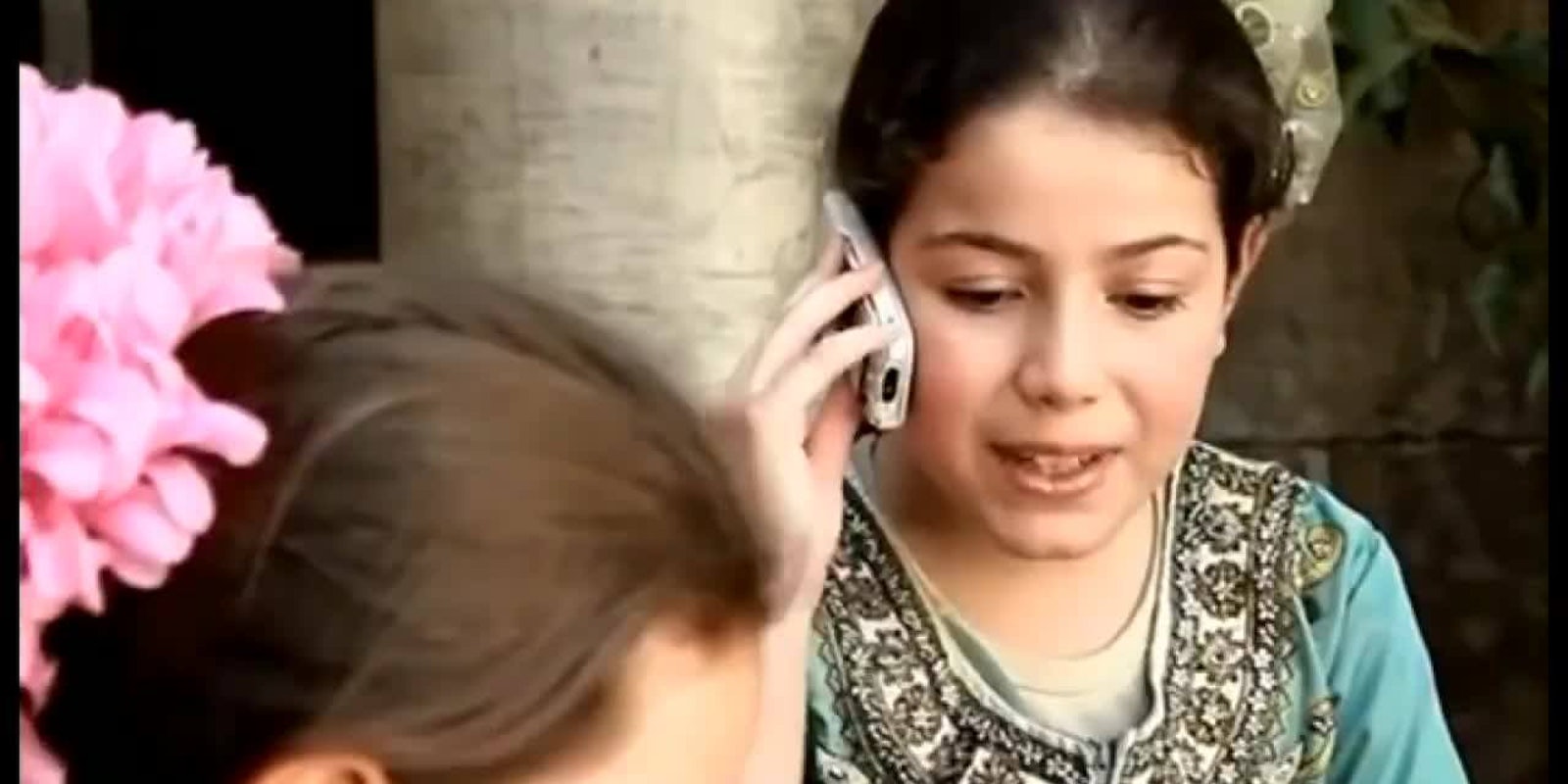War begets war, and war begets gruelling art: Guernica, Wilfred Owen, For Whom The Bell Tolls. The war in Syria—now in its third year, having claimed close to 200,000 lives—may be witnessing the conception of its own artistic legacy, albeit a legacy with twists.
“Umm Abduh,” is a YouTube webseries set and filmed in the rebel-held Syrian town Aleppo. Among the series’ caveats is that it’s starred in by Syrian children in the place of adult actors, in an effort to confront the traumatic toll the war has brought upon the country’s youth.
Series Producer Adnan Hadad told BBC, “Umm Abduh is the main actor in the series and she is a regular girl from Aleppo. She is imitating the role of Syrian women living under siege and under the constant shelling and constant airstrikes.”
Rasha is the series’ 9-year-old leading actress. She plays Umm Abduh al-Halabiya, its housewife protagonist. Rasha lives with her parents, and since the war began, hasn’t risked going to school in a town stricken with the constant threat of indiscriminate violence.
In her role as Umm Abduh, she imitates the hardships of Syrians living in war-torn Aleppo: running a household on severe shortages, marrying off daughters and negotiating dowries with rebel fighters. “Umm Abduh” is satire—its humor unambiguously takes the side of anti-Assad rebels, while poking fun at the extreme factions emerging from the conflict, such as Islamic State (ISIS) and al-Nusra, a rival jihadist group.
“My dream is to wake up in the morning and water the plants on my balcony and look up at the sky and see only birds and pigeons,” Umm Abduh laments in one episode’s more poetic moments.
Aleppo, where “Umm Abduh” is filmed, was a town of unprecedented historical exploits: a capital of the illustrious Ottoman Empire, home of the war-weary crusader-castle known intimidatingly as The Citadel, and its Great Mosque, whose ancient minaret was levelled during especially heavy shelling in October of last year.
But in “Umm Abduh,” we see none of this Aleppo. We’re shown only the residential areas of the city, suburbs safe to maneuver with children and film crews. The scenes of destruction are potent, the real footage of helicopters dropping barrel bombs compelling. According to AFP, the semi-professional crew of “Umm Abduh” have had to rely on generators and car batteries to charge their cameras because Aleppo has long been deprived of electricity.
The hit series is produced by Lamba Productions, based in Gaziantep, Turkey, just shy of Syria’s northern border. This proximity to Syria is not a coincidence. Lamba’s team is, in fact, comprised largely of Syrian exiles—there are approximately 1.6 million displaced Syrians in Turkey alone.
The 30-episode show was released during Ramadan this summer; its team is pursuing a TV deal with Arabic channels.
Does Rasha’s fame make her a high-value target to either extremists or the regime forces? Producer Hadad told BBC, “[Rasha] has willingly participated after getting consent from her family. This is something they have decided to do. Being an actress and participant that of course supports the people she’s living amongst is probably one of the very proud things to do.”
Screenshot via Umm Abduh/YouTube


